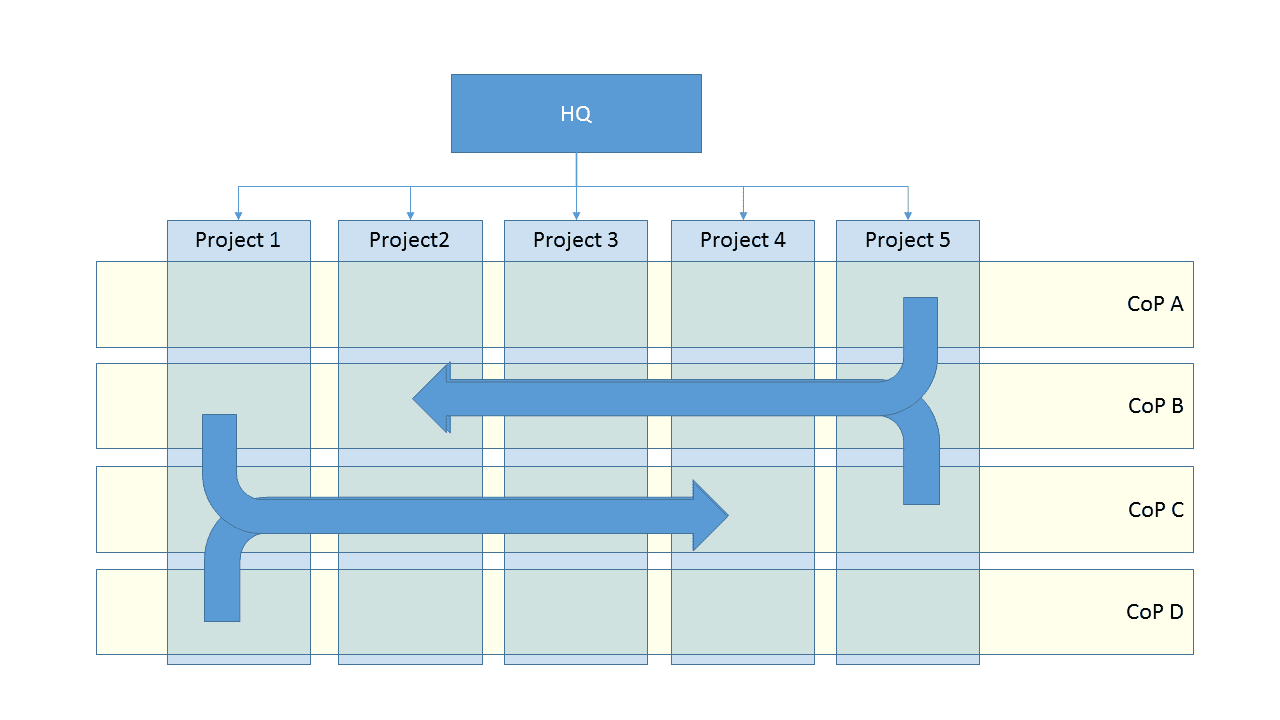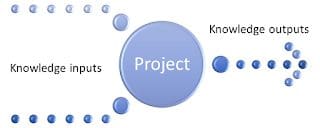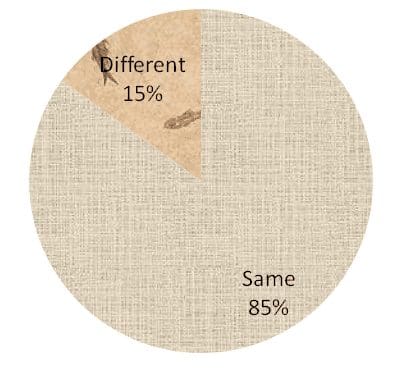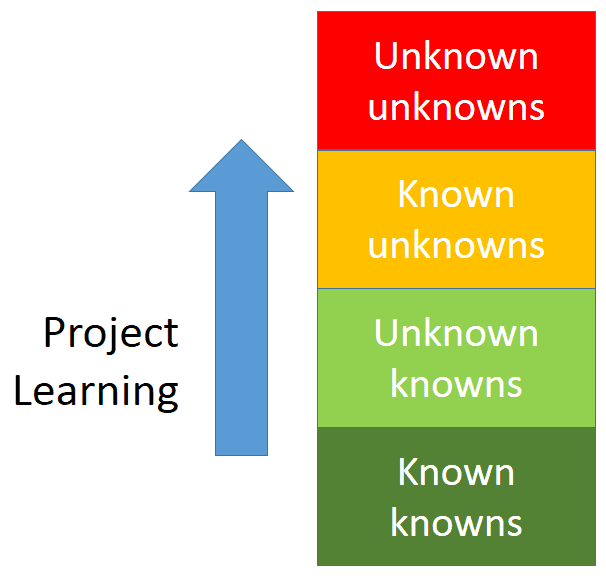Favorite In a project based organisation, project managers bear much of the accountability for KM within the projects. There are two dimensions to KM within a project based organisation. These are KM within individual projects, and KM across and between the projects. Any project based organisation needs to consider both
Read More
 Shared by Nick Milton December 15, 2020
Shared by Nick Milton December 15, 2020

Favorite In a project-based organisation, we can look at Knowledge Management on two orthogonal axes which together map out the space within which knowledge flows. These are the in-project axis and the cross-project axis. Imagine a large project-based organisation, with multi-disciplinary projects operating in many different regions or divisions. KM
Read More
 Shared by Nick Milton December 10, 2019
Shared by Nick Milton December 10, 2019

Favorite All projects deliver not just a product, but knowledge as well, and there needs to be a clear understanding of what form that knowledge will take. Part of any Knowledge Management policy therefore has to be a definition of the expected knowledge output from project work. This knowledge output
Read More
 Shared by Nick Milton November 26, 2019
Shared by Nick Milton November 26, 2019

Favorite It has been fifteen years since I wrote my first solo KM book, “Knowledge Management for Teams and Projects“. I reproduce below the final chapter, that attempts to summarize the main conclusions for three groups of key Knowledge Management actors; the project managers and knowledge managers, the Community coordinators
Read More
 Shared by Nick Milton October 23, 2019
Shared by Nick Milton October 23, 2019
Favorite Projects require their own KM Framework. Here’s one view of what this might look like. Image from science.dodlive.mil “Knowledge Management for Teams and Projects” contains a bullet-point summary of how Knowledge Management should be applied in a project-based organisation, addressed to the three main stakeholder groupings of Project Manager,
Read More
 Shared by Nick Milton August 5, 2019
Shared by Nick Milton August 5, 2019

Favorite In any project, the most expensive item is the mistakes. Use KM, modularisation and standardisation to keep mistakes to the minimum. Arches, a photo by Paul Ebbo on Flickr. The title of this blog post comes from a quote by the author Ken Follet in his book “The Pillars
Read More
 Shared by Nick Milton April 23, 2019
Shared by Nick Milton April 23, 2019

Favorite “This time it’s different” can be the four most costly words in project knowledge management, if they are used as a reason not to learn from the past. Albert Einstein’s definition of insanity was “doing the same thing over and over again and expecting different results”. And yet, any
Read More
 Shared by Nick Milton February 26, 2019
Shared by Nick Milton February 26, 2019

Favorite As a project learns, it goes through 4 stages (see Donald Rumsfeld) I blogged yesterday about the need for knowledge transfer between a project and an organisation. This post goes a little further, and talks about the development of knowledge within a project. The diagram here shows how KM
Read More
 Shared by Nick Milton January 24, 2019
Shared by Nick Milton January 24, 2019
![]() Shared by Nick Milton December 15, 2020
Shared by Nick Milton December 15, 2020





